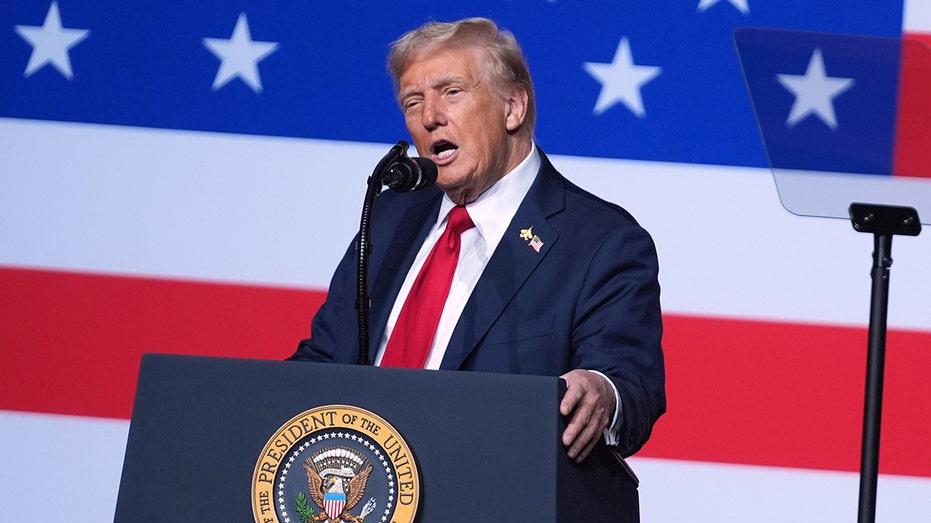A wave of intense scrutiny is now focused on the escalating violence targeting Christians in Nigeria, spurred by direct intervention from the highest levels of the U.S. government. President Trump, visibly angered by the ongoing bloodshed, publicly condemned the Nigerian government’s response as inadequate, declaring the situation a “disgrace.” His frustration signals a potential shift in U.S. policy towards the nation.
The President’s strong words were followed by a high-level diplomatic mission. War Secretary Pete Hegseth met with Nigeria’s National Security Adviser, Nuhu Ribadu, carrying a clear message: the U.S. is prepared to reassess its aid commitment if the killings continue. This direct threat underscores the seriousness with which the administration views the crisis and its willingness to leverage influence.
Nigerian officials have countered accusations of inaction, but the U.S. is demanding demonstrable progress. Hegseth stressed the need for both immediate and long-term solutions, emphasizing a desire to collaborate with Nigeria to dismantle the terrorist networks posing a threat not only to the region, but also to U.S. interests.
The situation on the ground remains dire. Recent weeks have witnessed horrific attacks, including the mass abduction of over 300 children and their teachers from a Catholic school. Simultaneously, a separate church shooting left two dead and several congregants kidnapped, painting a grim picture of escalating brutality.
The primary perpetrators of this violence are identified as Boko Haram and its offshoot, the Islamic State of West Africa Province. While Christians are the predominant target, these extremist groups also attack Muslims who do not adhere to their radical ideology, creating a climate of widespread fear and instability.
The urgency of the crisis was further highlighted at a United Nations event led by U.S. Ambassador Mike Waltz, who didn’t mince words, labeling the killings a “genocide wearing the mask of chaos.” The event drew attention from unexpected corners, including a powerful plea for religious freedom from rap superstar Nicki Minaj.
Beyond security measures, U.S. officials are advocating for a comprehensive strategy encompassing economic development and improved policing. Jonathan Pratt, leading the State Department’s Bureau of African Affairs, testified before Congress that a multi-faceted approach is essential to achieving lasting results and addressing the root causes of the conflict.






